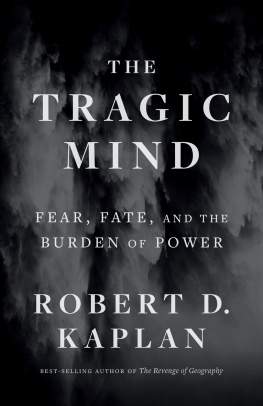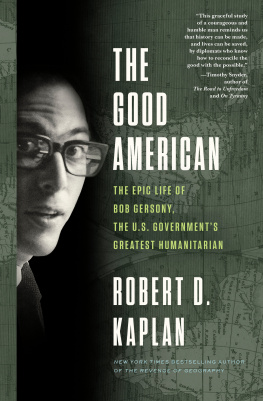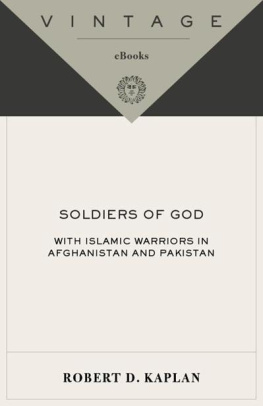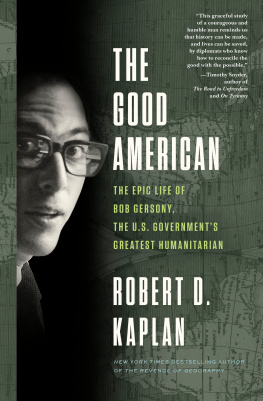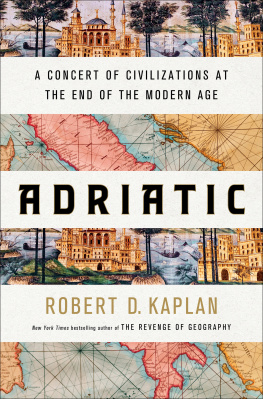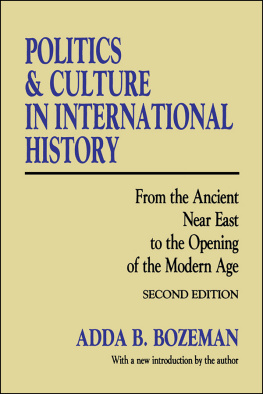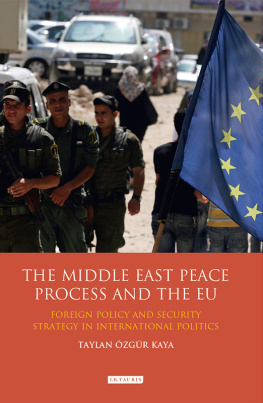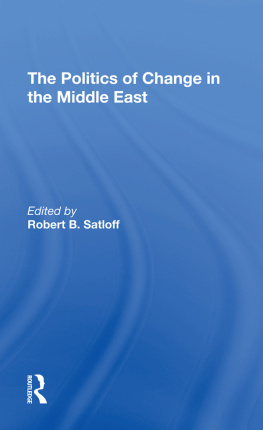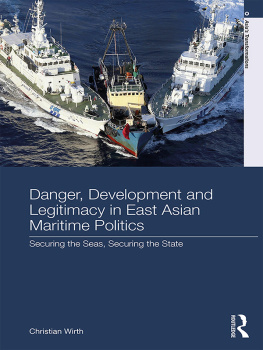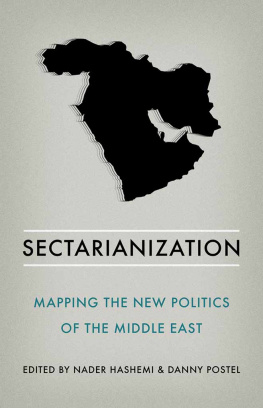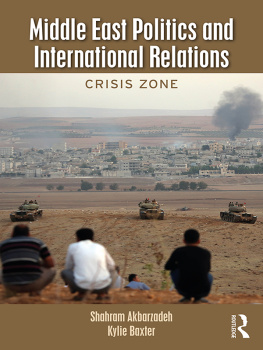THE TRAGIC MIND
ALSO BY ROBERT D. KAPLAN
Adriatic: A Concert of Civilizations at the End of the Modern Age (2022)
The Good American: The Epic Life of Bob Gersony, the U.S. Governments Greatest Humanitarian (2021)
The Return of Marco Polos World: War, Strategy, and American Interests in the Twenty-First Century (2018)
Earning the Rockies: How Geography Shapes Americas Role in the World (2017)
In Europes Shadow: Two Cold Wars and a Thirty-Year Journey Through Romania and Beyond (2016)
Asias Cauldron: The South China Sea and the End of the Stable Pacific (2014)
The Revenge of Geography: What the Map Tells Us About Coming Conflicts and the Battle Against Fate (2012)
Monsoon: The Indian Ocean and the Future of American Power (2010)
Hog Pilots, Blue Water Grunts: The American Military in the Air, at Sea, and on the Ground (2007)
Imperial Grunts: The American Military on the Ground (2005)
Mediterranean Winter: The Pleasures of History and Landscape in Tunisia, Sicily, Dalmatia, and the Peloponnese (2004)
Warrior Politics: Why Leadership Demands a Pagan Ethos (2002)
Eastward to Tartary: Travels in the Balkans, the Middle East, and the Caucasus (2000)
The Coming Anarchy: Shattering the Dreams of the Post Cold War (2000)
An Empire Wilderness: Travels into Americas Future (1998)
The Ends of the Earth: From Togo to Turkmenistan, from Iran to Cambodia (1996)
The Arabists: The Romance of the American Elite (1993)
Balkan Ghosts: A Journey Through History (1993)
Soldiers of God: With Islamic Warriors in Afghanistan and Pakistan (1990)
Surrender or Starve: Travels in Ethiopia, Sudan, Somalia, and Eritrea (1988)

Published with assistance from the Mary Cady Tew Memorial Fund.
Copyright 2023 by Robert D. Kaplan
All rights reserved.
This book may not be reproduced, in whole or in part, including illustrations, in any form (beyond that copying permitted by Sections 107 and 108 of the U.S. Copyright Law and except by reviewers for the public press), without written permission from the publishers.
Yale University Press books may be purchased in quantity for educational, business, or promotional use. For information, please e-mail (U.K. office).
Set in Yale and Gothic type by IDS Infotech, Ltd.
Printed in the United States of America.
Library of Congress Control Number: 2022936311
ISBN 978-0-300-26386-2 (hardcover : alk. paper)
A catalogue record for this book is available from the British Library.
This paper meets the requirements of ANSI/NISO Z39.48-1992 (Permanence of Paper).
10 9 8 7 6 5 4 3 2 1
To Jim Thomas
Ah, the frailty of joy.... We are none of us safe.
E. M. FORSTER , The Longest Journey, 1907
Fear saves us from so many things.
GRAHAM GREENE , A Burnt-Out Case, 1960
CONTENTS
PREFACE
I spent my formative years in the 1980s as a foreign correspondent covering communist Eastern Europe, the Greater Middle East, and Africa while based in Greece. My interest in the ancient Greeks and their influence on Shakespeare and modern literature was kindled in Athens, from where I traveled constantly to see the very things the Greeks feared: chaos and forms of order so extreme that they were, in fact, species of chaos.
Nothing I experienced was more terrifying than Saddam Husseins Iraq. Iraq then was one vast prison yard lit by high-wattage lamps. It constituted a level of tyranny worse than even Hafez al-Assads regime next door in Syria, which I also knew from reporting trips. The only place to which I could compare Saddams Iraq was Nicolae Ceausescus Romania, yet another part of my beat. At one point in the summer of 1986, Iraqi security police confiscated my American passport and I was left in limbo, living with Kurdish militias in the north for ten days. Despite all the other horrors I had experienced around the world, Saddams Iraq, with its massive billboard pictures of the dictator everywhere, its multiple intelligence services, its reputation for torture on almost an industrial scale, and its cowering diplomats in Western embassies who told visitors they could do nothing for them if the regime found them suspicious, registered an unequaled level of fear. I remember alienating, monumental architecture like dragons teeth breaking into the Baghdad sky, celebrating the greatness of the dictator. The intimation of violence was as suffocating as the heat and dust outside the long, machine-gun-guarded walls of the presidential palace. All this led me, in the wake of 9/11, to support the Iraq War, despite my worries about what could befall Iraq in a post-Saddam era.
I was a journalist who had gotten too close to my story. I had let my emotions overtake dispassionate analysis. My moment of comprehension came when I returned to Iraq embedded with U.S. Marines during the first battle of Fallujah, in April 2004. There I experienced something far worse than even the Iraq of the 1980s: the bloody anarchy of all against all that Saddams regime, through the most extreme brutality, had managed to suppress. The clinical depression I suffered for years afterward because of my mistake about the Iraq War led me to write this book. I had failed my test as a realiston the greatest issue of our time, no less! What would henceforth ring in my ears was the observation of the medieval Persian philosopher Abu Hamid al-Ghazali, that one year of anarchy is worse than a hundred years of tyranny.
Over my four-decade career as a foreign correspondent I have been consistently terrified by the deadly, themeless violence that I saw at close range, not only in Iraq but in Yemen, Afghanistan, Sierra Leone, and elsewhere. I also witnessed tyranny at such extreme levelsparticularly in Stalinist Romania and Baathist Iraq, where literally anyone could be arrested, tortured, or killed for no reasonthat I came over time to understand it as anarchy masquerading as order.
Anarchy was the ancient Greeks greatest, most fundamental fear. The Greeks were too rational to ignore the power of the irrational that lay on the other side of civilization. They saw no moral equivalency between order and disorder. In Greek tragedy, an orderly universethe opposite of chaosis always a virtue. The modern world lost this sensibility amid the monstrous perversions of order imposed by Hitler and Stalin, which helped inspire the dystopian fiction of Aldous Huxleys Brave New World (1932) and George Orwells 1984 (1949)two books that featured regimes so chilling that they gave order itself a bad name.
Of course, once order is imposed, the task is to make it less and less tyrannical. The Founders of the American Revolution grappled with this issue and had fierce debates over it. That order has no substitute, and yet also carries grave dangers, is one reason the Greeks saw the world as deeply imperfect and yet beautiful.
The Greeks found great value in learning how to fear chaos and thus avoid it. Fear warns of so many things. For there is much that we dont know about what can befall us as a nation, and as individuals. Sophocles Oedipus the King teaches that no man can be judged as fortunate until he is deadsince nothing is certain and therefore nothing can be taken for granted. The same is true of a nation. The wisest among us are full of fear, which is future-oriented. This is especially true of those in power, who decide about war and peace. Wise leaders are those who know that they must think tragically in order to avoid tragedy. Vladimir Putin never learned this lesson or else he never would have invaded Ukraine.
Next page
